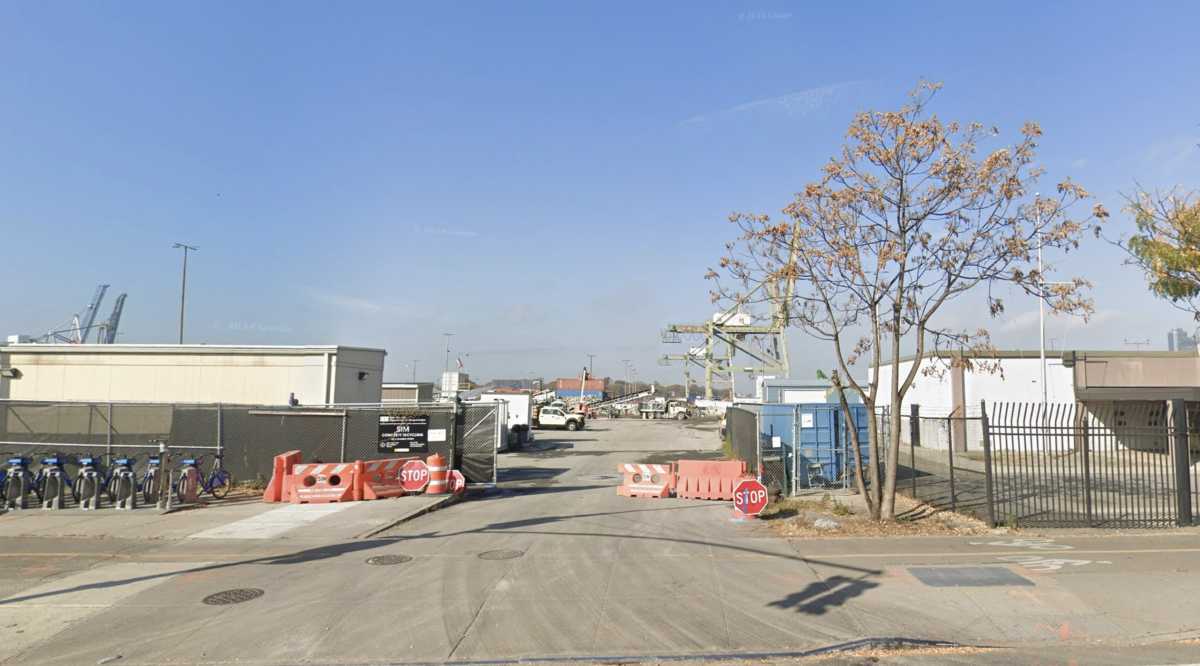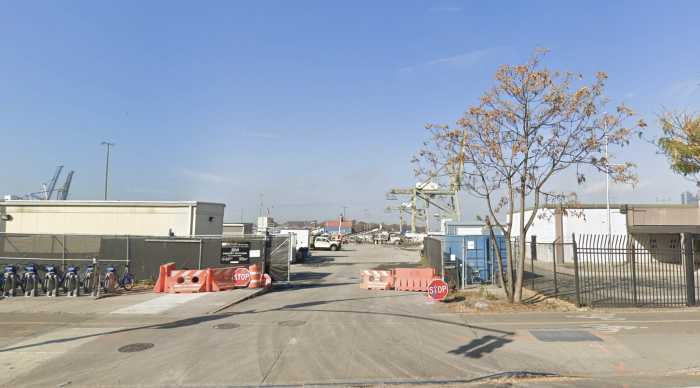By Elizabeth O’Brien
Downtowners expressed outrage but little surprise last week at the news that the White House allegedly influenced statements the Environmental Protection Agency made soon after the collapse of the World Trade Center about air quality in Lower Manhattan.
A draft copy of findings by the independent E.P.A. inspector general revealed that a number of news releases issued by the agency were made to sound comforting on the subject of air safety, The New York Times first reported on Aug. 9. Other considerations, including national security and the desire to reopen Wall St., also swayed the E.P.A.’s communications, The Times reported.
“It was much more important to open up Wall St. than it was to worry about our health,” said former city councilperson and Downtown resident Kathryn Freed, who added that she has experienced respiratory problems since Sept. 11, 2001.
The draft report, which has not been made public, focuses in part on how the White House Council on Environmental Quality encouraged the E.P.A. to downplay potential health hazards from trade center debris, The Times reported. For example, an associate administrator at the E.P.A. moved to release information on the risks posed by exposure to fine dust particles, the draft investigation said. But an official from the Council on Environmental Equality advised her against including that information in an official statement, The Times reported.
Sudhir Jain, president of the Battery Park Residents Coalition, said the news that the White House might have shaped E.P.A. communications came as no shock.
“We’ve known that it was a cover-up since the beginning,” Jain said. “Basically, there’s no accountability.”
The E.P.A. will hold its comments until the final draft of the inspector general’s report is released, which should be very soon, said Nina Habib Spencer, a spokesperson for the E.P.A. in New York.
Seven days after the terror attack, then-E.P.A. administrator Christie Todd Whitman announced that the air around ground zero was safe to breathe. An earlier E.P.A. inspector general draft obtained in March by media outlets across the nation noted that Whitman did not have sufficient data to make that announcement.
Whitman’s premature statement on Lower Manhattan air quality influenced the behavior of many local residents. Pat Dillon, who lives in Independence Plaza North, said she knew intellectually that it was too early for Whitman’s reassurance. But she took the administrator’s words to heart anyway.
“Everybody grabbed onto it,” Dillon said of Whitman’s statement. “You wanted to believe it.”
During the weeks that she was shut out of her apartment, Dillon visited every day to check up on her cat. If the E.P.A. had said that the air might be dangerous and that Downtowners should exercise caution, then she would have gotten her cat out and stopped visiting, Dillon said. Dillon has mostly recovered from respiratory problems that began in May of 2002, she said.
Last April, Whitman told Downtown Express that the agency would continue to look into the health effects of the trade center disaster, including reports of elevated lead levels found in Lower Manhattan apartments as part of the E.P.A. cleanup.
“…we are very concerned about what might be there that we didn’t know, and so we’re working very closely with the C.D.C. [Centers for Disease Control] and the Department of Health to do long-term studies of the impact,” Whitman told a Downtown Express reporter at an Earth Day news conference.
Whitman resigned from her post in May, saying that she wanted to spend more time with her family in New Jersey. President George Bush recently nominated Utah Governor Michael O. Leavitt to take her place.
Deborah Dolan, the building manager at Independence Plaza North, said that she expected more from the president in the aftermath of the trade center disaster.
“Like most Americans, you think the White House has the obligation, if pushed, to tell you the truth,” Dolan said. “It’s very scary.”
































